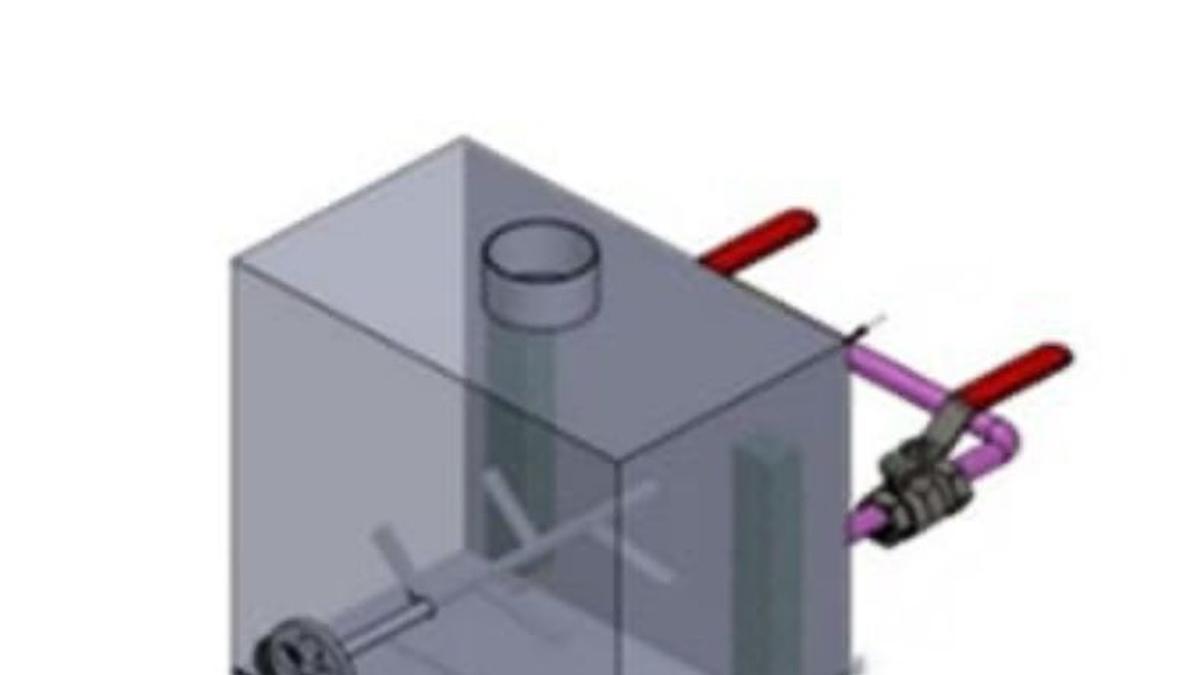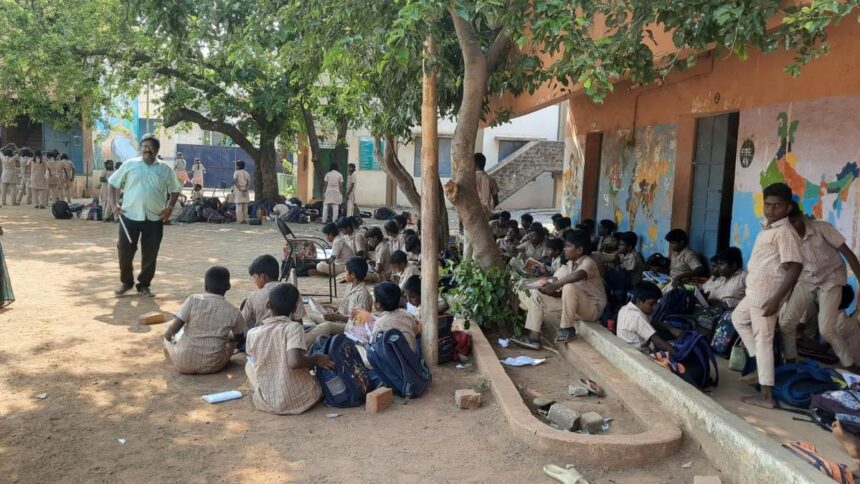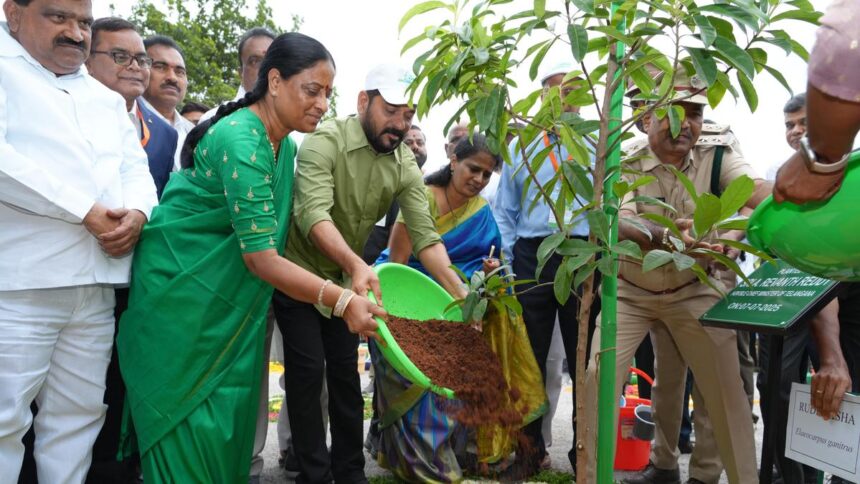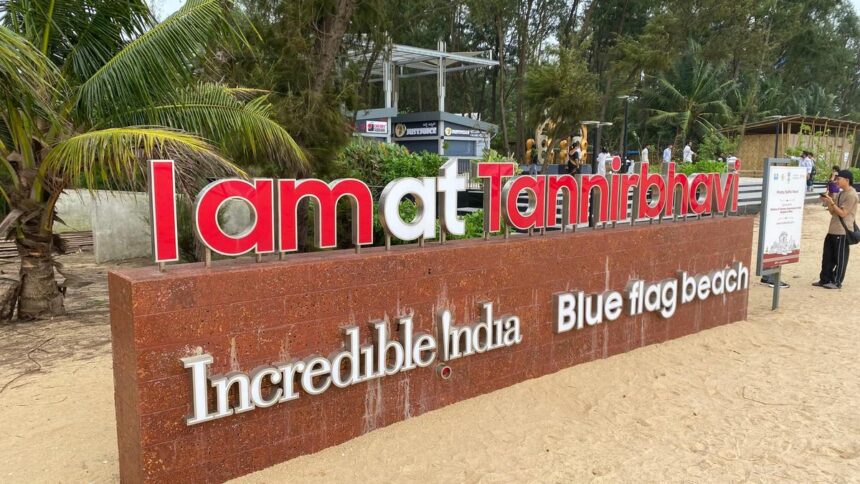
Sandwich Aerobic-Anaerobic-Aerobic (SAAnA) reactor developed by researchers at BITS Pilani’s Hyderabad campus
| Photo Credit: BY ARRANGEMENT
Researchers at BITS Pilani’s Hyderabad campus have developed an innovation in organic waste management — the Sandwich Aerobic-Anaerobic-Aerobic (SAAnA) reactor — created by researcher Atun Roy Choudhury and professor in the Department of Biological Sciences Sankar Ganesh Palani.
Designed as a comprehensive, efficient and scalable solution for treating diverse organic waste, including municipal solid waste, slaughterhouse waste, landfill leachate, and faecal sludge, the technology is patented. The SAAnA reactor was also recognised and facilitated by Ministry of Education’s Kapila Scheme.
According to the creators, the reactor achieves a 60% reduction in treatment duration by reducing the processing time from up to 60 days — typical of conventional single-stage anaerobic systems — to 23 days.
It operates through three phases of aerobic pre-treatment for five days, where organic waste is aerated and agitated to accelerate early decomposition, followed by anaerobic digestion for 13 days when the waste generates biogas under anaerobic conditions with 20% of the biogas recycled to increase reactor pressure and methane-rich output.
The last five days of aerobic post-treatment involves refining the remaining material into biofertiliser rich in nitrogen, phosphorus and potassium or NPK.
According to Mr. Choudhury, the main advantage is its high biogas yield — up to 0.8 m³ per kg of volatile solids — and a biofertilizer that meets quality standards without further processing. The technology also runs on minimised operational costs because it is gravity-driven and energy-efficient, he explained, adding that the reactor was sure to redefine urban organic waste management.
Published – September 03, 2025 04:10 pm IST




















